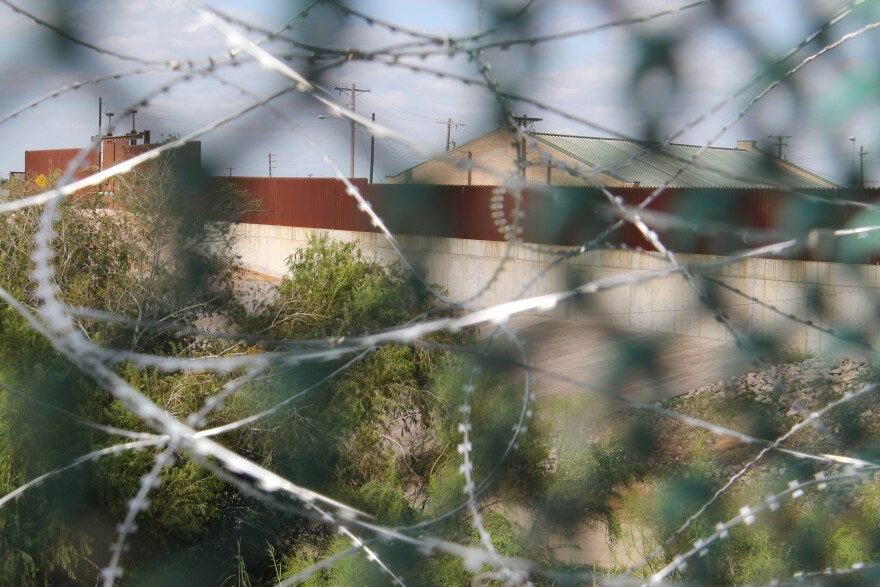Last week the Trump administration issued a strict new policy that requires migrants to first apply for asylum in a country they passed through en route to the United States, before applying for asylum in the U.S. The rule already faces legal challenges.
Before the new asylum rule took effect last week, once at the border, migrants were able to make a claim for asylum with Customs and Border Protection before being transferred to an Immigration and Customs Enforcement detention center, where they are then questioned about their motives for seeking asylum in a credible fear interview. Those who pass are released on parole to live and work in the United States while awaiting an immigration trial.
How does this new policy affect migrants currently waiting for asylum claims to be processed? Are other countries willing and prepared to give migrants asylum? How does this "third country" policy fit within the framework of existing national and international asylum law?
What is the basis for legal challenges to the policy? If the rule stands, how could it affect the current situation at the U.S.-Mexico border?
Guest: Erica Schommer, clinical assistant professor at St. Mary's University School of Law where she teaches the Immigration and Human Rights Clinic
"The Source" is a live call-in program airing Mondays through Thursdays from 12-1 p.m. Leave a message before the program at (210) 615-8982. During the live show, call 210-614-8980, email thesource@tpr.org or tweet at @TPRSource.
*This interview was recorded on Tuesday, July 23 .




